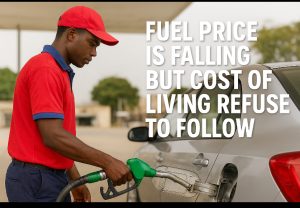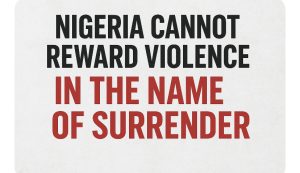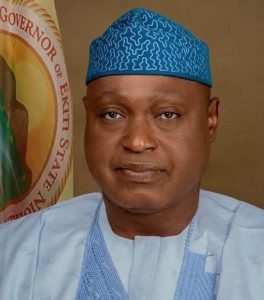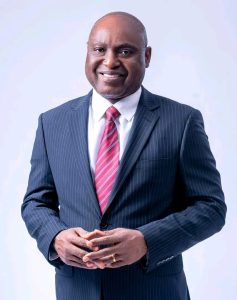Drug Abuse Epidemic: Silent War on Youths
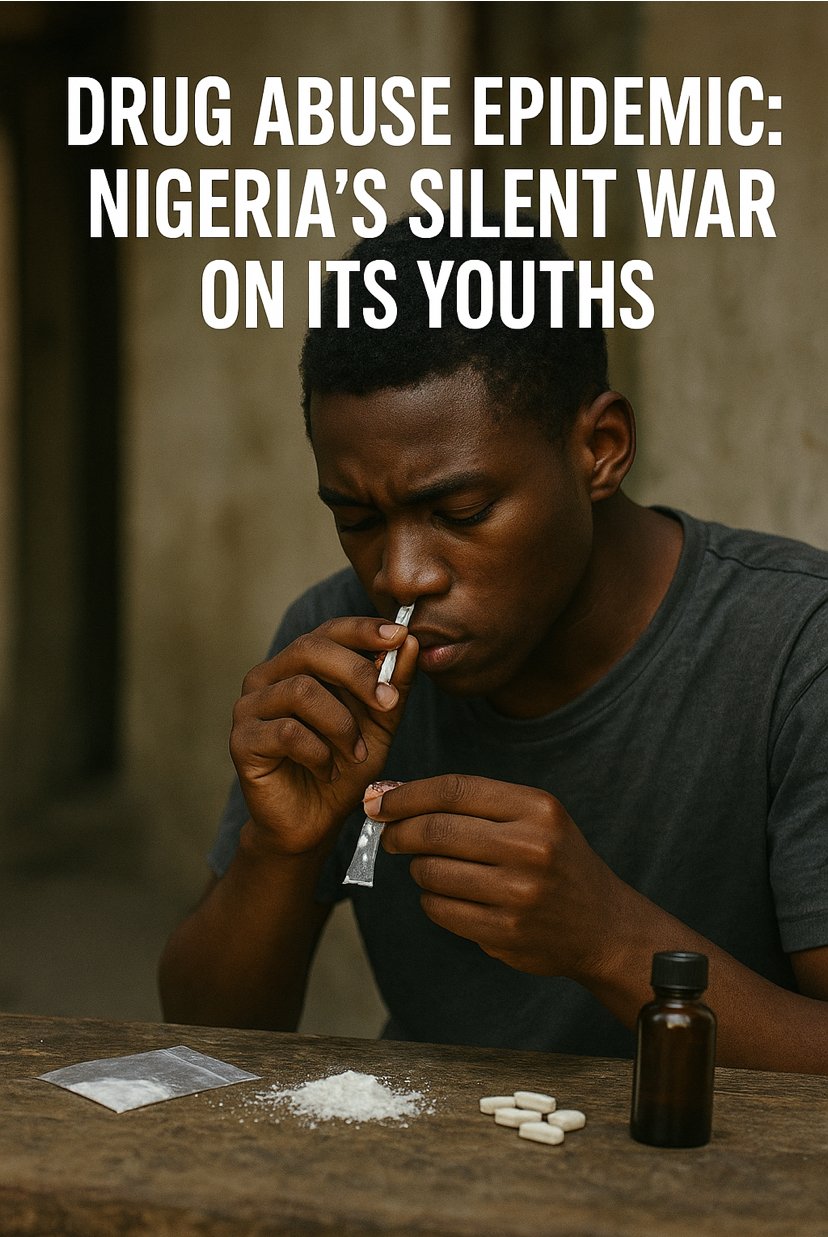
By Editorial Team
Drug abuse in Nigeria has moved from a hidden habit to a raging epidemic threatening the future of the nation. Every day, reports of youths collapsing from drug overdose or engaging in crime under the influence of narcotics dominate the news. From the busy streets of Lagos to the calm towns in the North, the reality is the same, young people are being lost to substances that destroy lives and wreck families.
The crisis is no longer one of whispers in hidden corners; it is now visible in classrooms, motor parks, nightclubs, and even religious communities. Experts and stakeholders are now calling it a national emergency that requires urgent attention from government, parents, and society at large.
What Drug Abuse Really Means
Drug abuse is not only about illegal substances like cocaine, cannabis, heroin, or methamphetamine. It also includes the misuse of prescription drugs and over-the-counter medications. A simple painkiller, cough syrup, or tranquilizer can become an abused drug once it is used for purposes outside its medical instruction.
For many Nigerian youths today, the search for escape from frustration, unemployment, poverty, or peer pressure leads them to these substances. They use them not for healing, but to feel high, brave, or numb to reality. Sadly, what starts as an experiment ends as an addiction, dragging many into mental health crises and violent behavior.
Youths on the Edge
The most disturbing aspect of the crisis is that Nigerian youths, the supposed future leaders are at the center of this abuse. The rise of “codeine parties,” “skushi,” and other street drug cocktails show how deeply embedded substance abuse has become in youth culture.
According to several health reports, millions of young Nigerians between the ages of 15 and 35 are involved in some form of drug misuse. This is not just a statistic, it is a ticking time bomb. A nation cannot talk about progress or development when its youths, who should be drivers of innovation and productivity, are trapped in addiction.
The effect is already visible in rising cases of violence, cultism, cybercrime, and even terrorism. Most criminal activities have traces of drug abuse, with many offenders confessing to being under the influence during their crimes.
The Elderly and Ignorant Abuse
While the spotlight is on youths, another silent group is also caught in this web, the elderly. Unlike the younger ones who deliberately seek intoxication, many elderly Nigerians abuse drugs out of ignorance.
For instance, an older person may take excess painkillers daily, believing it cures chronic joint pains, or may misuse sleeping pills thinking it helps them rest better. They are not chasing a high but unknowingly harm their bodies with dangerous doses. This form of ignorant misuse leads to kidney failure, liver damage, and sometimes sudden death.
The tragedy here is that the elderly trust every pill and often fail to seek professional medical advice. They rely on self-medication, traditional recommendations, or advice from unqualified sellers in local chemists. In the long run, this ignorance contributes to the nation’s health crisis.
The Dangerous Availability of Drugs
One of the major reasons drug abuse thrives in Nigeria is the easy access to substances. From open drug markets in major cities to unregulated patent medicine stores, youths and even children can purchase hard drugs without difficulty.
Pharmacies, which should be the gatekeepers of drug distribution, are sometimes part of the problem. Weak regulation allows cough syrups with codeine, tramadol, and other restricted medications to flow freely in communities. Street hawkers openly sell pills and syrups as if they were ordinary sweets, with no fear of arrest or punishment.
Until Nigeria takes the regulation of drug distribution seriously, the fight against drug abuse will remain only in speeches and seminars.
Mental Health and Broken Families
Drug abuse is not only a physical issue; it also destroys mental health. Psychiatric hospitals across the country are witnessing a surge in patients who became psychotic after long-term drug use. Many families now live with relatives who roam the streets half-naked, talking to themselves, all because of drug-induced madness.
Broken homes, domestic violence, failed marriages, and child neglect are often hidden consequences of substance abuse. A father addicted to drugs cannot provide for his family. A mother abusing prescription pills cannot care for her children. This cycle continues, leaving many innocent children in danger of repeating the same mistakes.
Government’s Struggle and Weak Policies
The Nigerian government has set up agencies like the National Drug Law Enforcement Agency (NDLEA) to fight the menace. The agency has recorded successes in seizing large quantities of drugs and arresting traffickers. However, the war is far from over.
For every arrest made, countless young people continue to access dangerous drugs freely. Policies on drug education are weak in schools, and rehabilitation centers are too few for the number of addicts seeking help. The lack of proper funding, corruption in enforcement, and absence of a national action plan make the fight more of a slow dance than a war.
The Role of Parents and Society
It is not enough to point fingers at the government alone. Parents, teachers, religious leaders, and community elders also carry responsibility. Many parents are too busy chasing survival to notice the warning signs of drug abuse in their children.
Communities that once acted as watchdogs now turn a blind eye, leaving young people to rot in silence. Churches and mosques preach against sin but often shy away from addressing addiction, even though it is destroying their members. Society must return to community vigilance, where the wellbeing of every child is a collective responsibility.
The fight against drug abuse in Nigeria must be urgent, united, and relentless. Government must strengthen regulation of pharmacies and clamp down on illegal drug sellers. Schools must integrate drug education into their curriculum, not as a one-day talk but as continuous enlightenment.
Rehabilitation centers must be funded and expanded across states. Media campaigns should be massive, using television, radio, and social media to warn against the dangers of drugs. Most importantly, job creation and social empowerment must be prioritized, because a hopeless youth is the easiest target for drug peddlers.
Drug abuse in Nigeria is more than a personal problem; it is a national crisis. The future of the country is tied to its youths, and when the youths are drowning in addiction, the nation itself is sinking.
While the elderly suffer from ignorant misuse, the youths are deliberately chasing destruction in search of escape. Unless urgent action is taken, the epidemic will continue to rob Nigeria of its brightest minds, strongest workers, and future leaders.
The war against drugs must not only be fought by NDLEA but by every Nigerian—parents, teachers, doctors, leaders, and youths themselves. If we fail to act now, Nigeria risks raising a generation too high to think, too broken to build, and too lost to save.

